Richard Abizaid, Senior vice-president and regional manager, Asia Pacific, Credit and Political Risk, Zurich Insurance Company on political risk insurance
Until recently, Thailand’s macroeconomic indicators were very good. The country’s political problems and violent protests were not interfering with big business in a major way, but that situation seems to be changing. Lenders and investors in particular are becoming less comfortable with the political uncertainty that continues to afflict the nation.
Many corporations have historically been interested in terrorism cover only for high-risk assets in urban areas where protests are common. However, political risk coverage offers so much more than that. If a large amount of a company’s revenue is sourced from a politically unstable emerging market, such insurance can treat that risk and protect the firm’s balance sheet against catastrophic loss owing to a wider spectrum of political risks than only terrorism. It’s all about coverage for low-probability, high-severity types of losses.
In addition to this, directors at publicly traded companies have a responsibility to their shareholders to explore the mitigation of a variety of risks, including political risk. This is one of the main drivers of demand for political risk insurance by, for example, a company making an equity investment in a politically unstable emerging market. Lenders use political risk insurance when bumping up against country limits or to allow them to offer longer loan tenors to their clients.
Political risk insurance for infrastructure projects was common in Thailand in the 1990s. It is now more often used in countries such as Vietnam, Mongolia and Bangladesh for major water or power projects. There is a fair amount of risk involved in a bank lending to an investor that has a long-term offtake contract with a government entity in a highly regulated sector like power or water. Arbitral Award Default coverage treats the risk of non-payment under these long-term offtake contracts with government counterparties following an arbitral award in its favour.
Some of the best business opportunities in the Asia-Pacific region require firms to venture into jurisdictions that have a higher likelihood of political instability, political violence and macroeconomic volatility. This is where political risk insurance can be an effective tool to protect banks and companies against the uncertainties of a changing world.







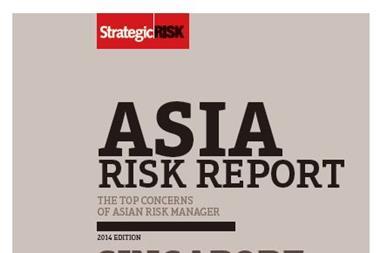
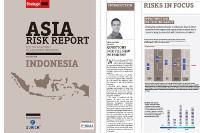
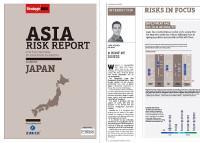
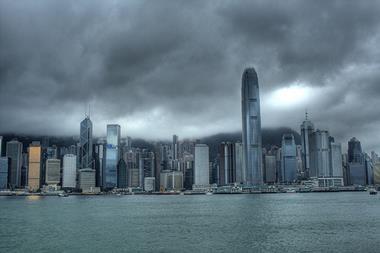




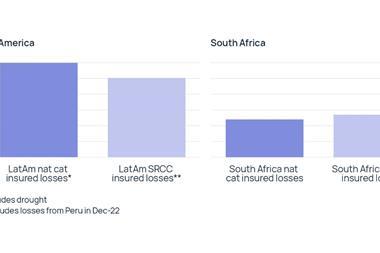




No comments yet